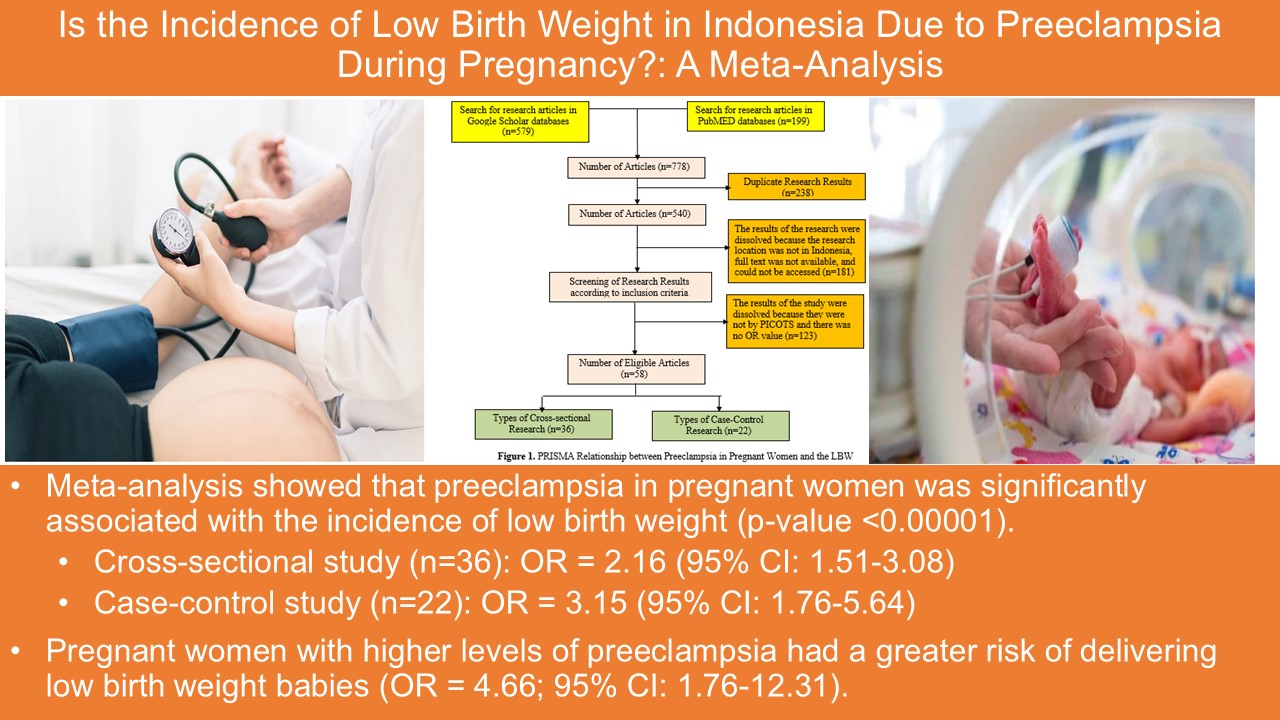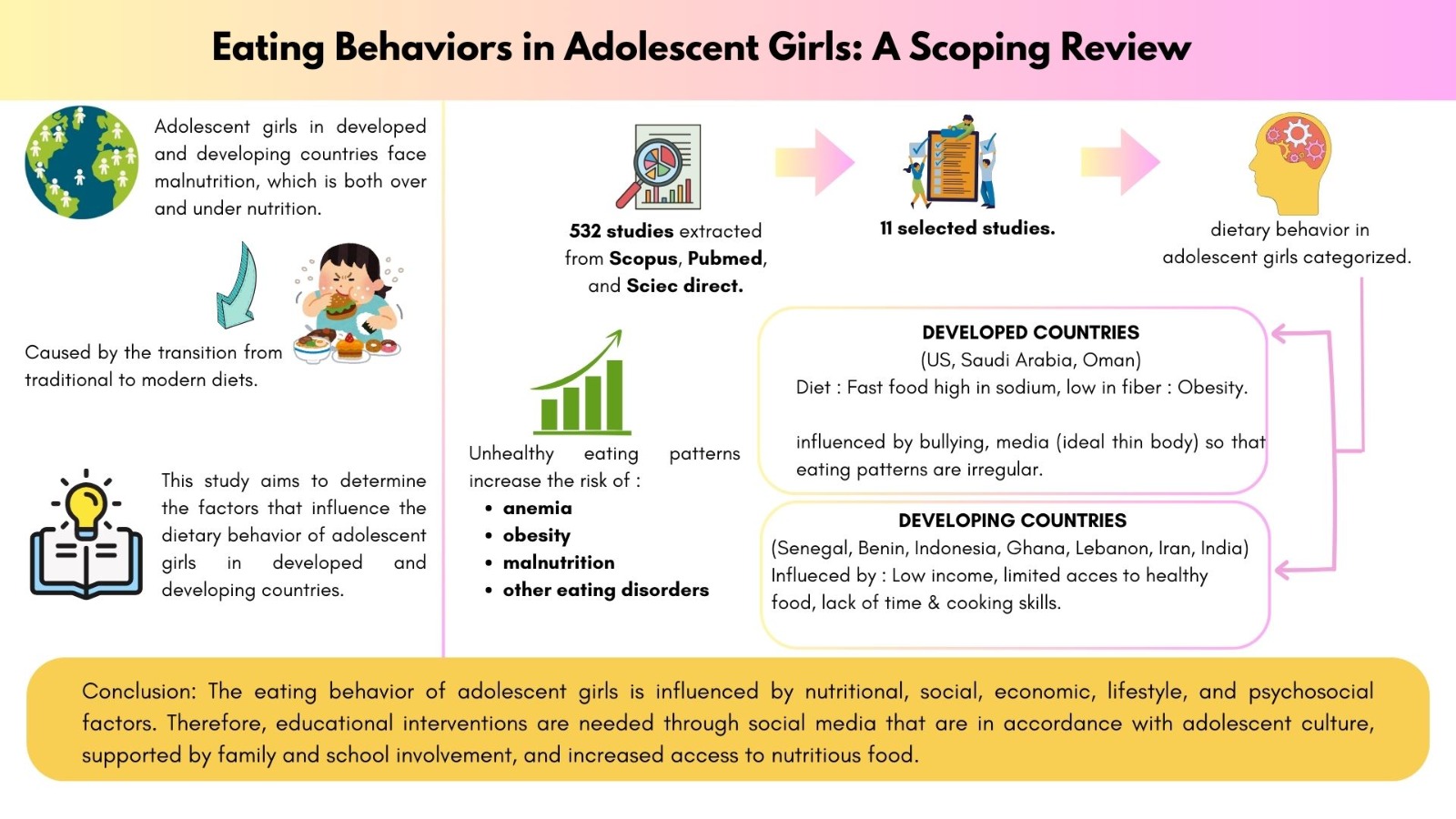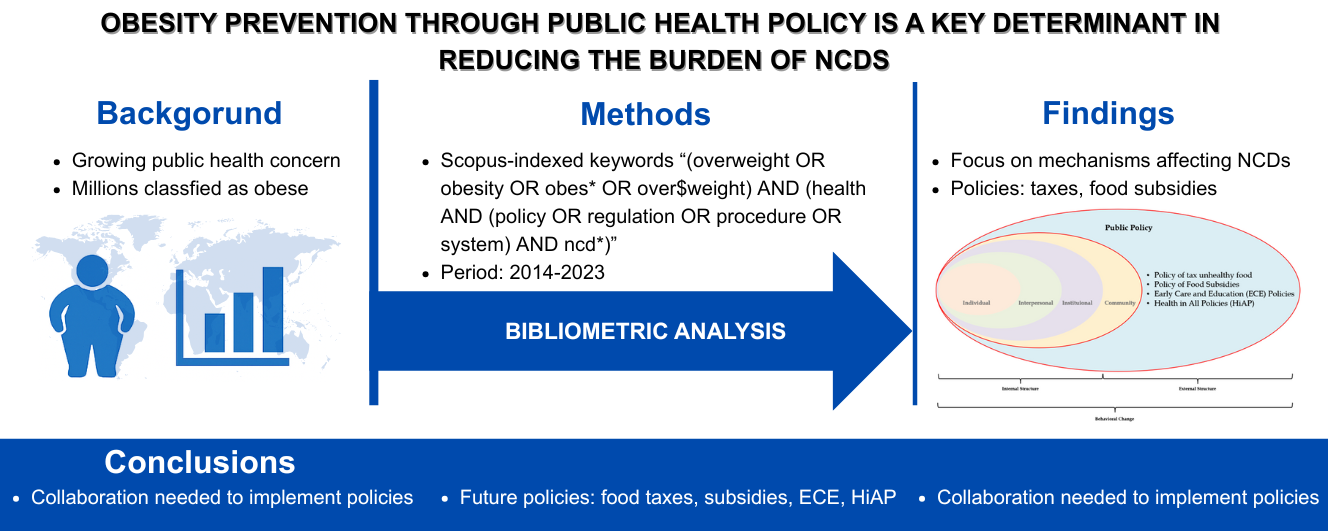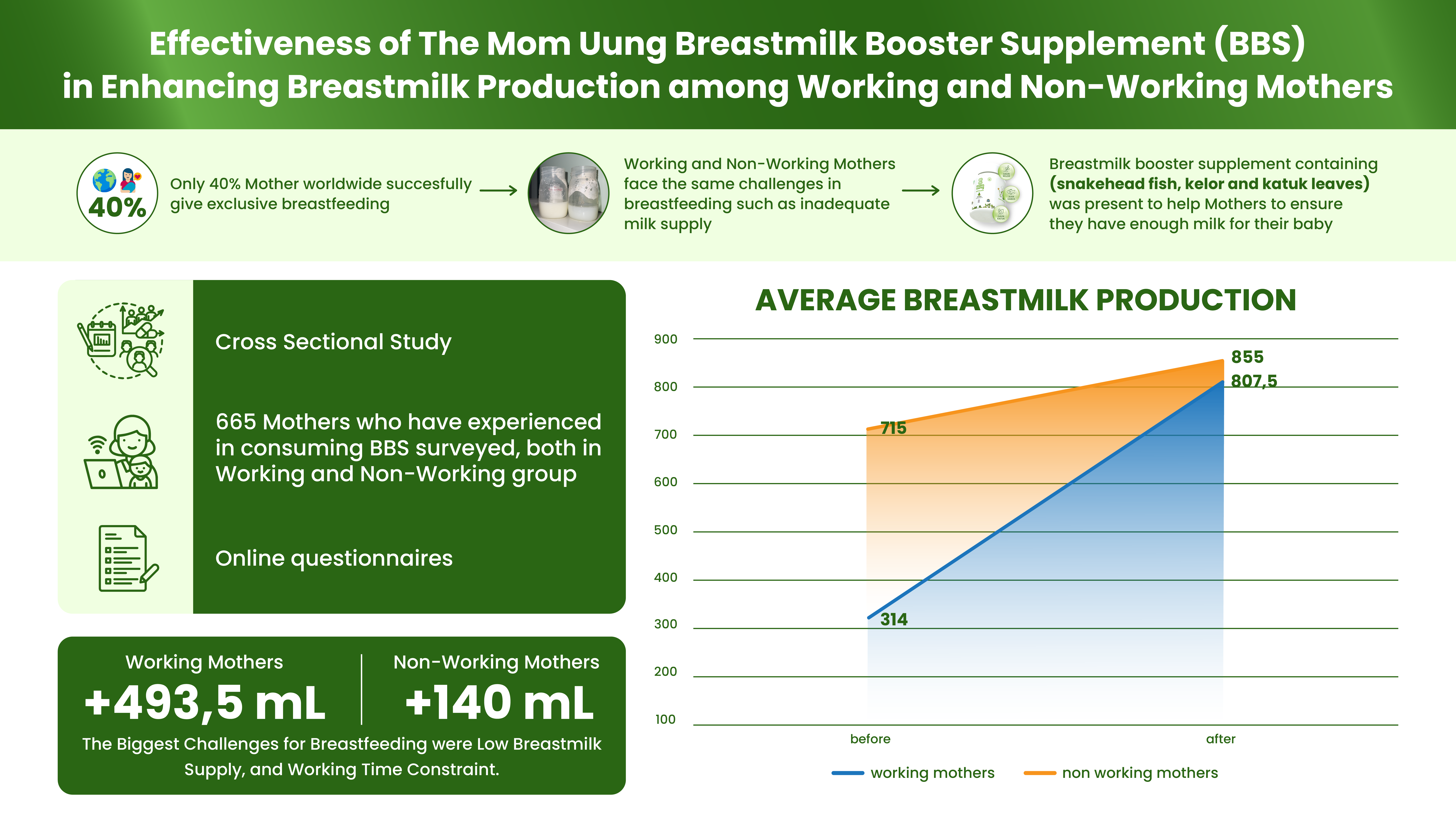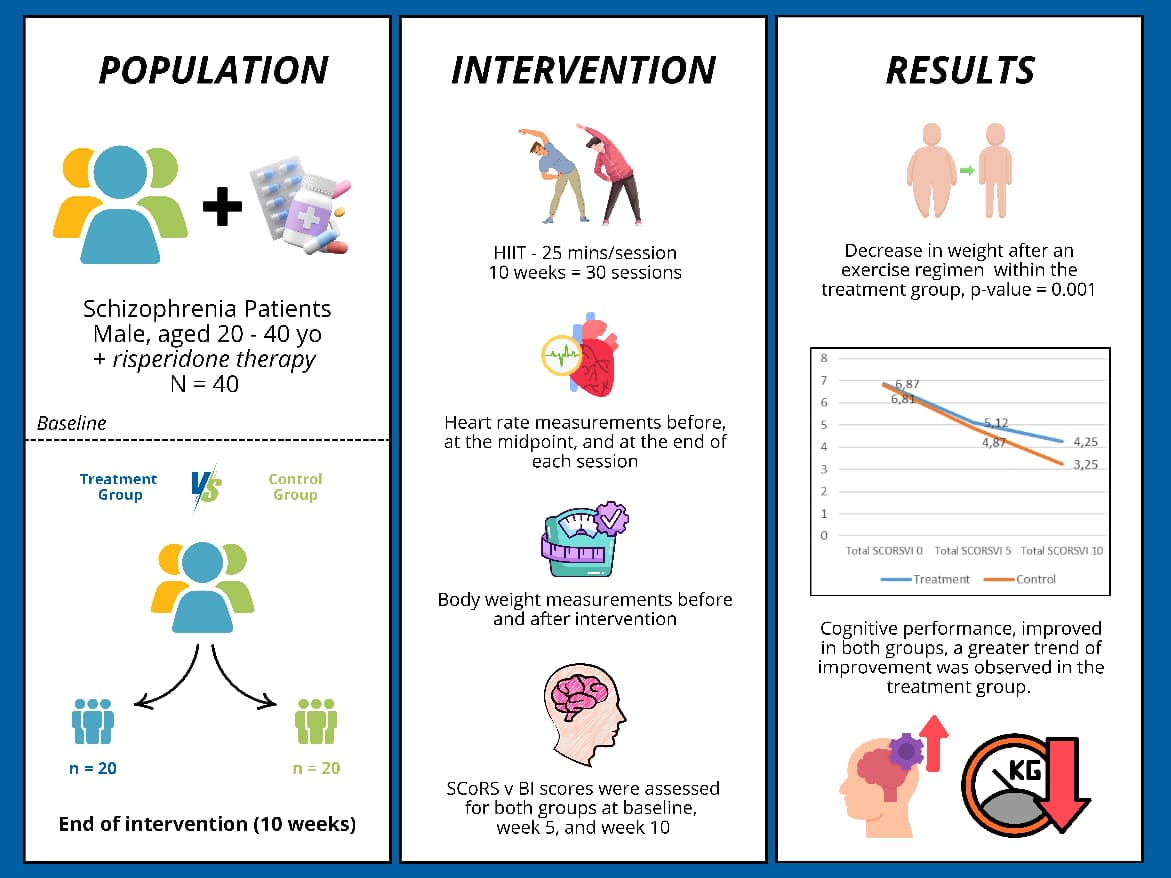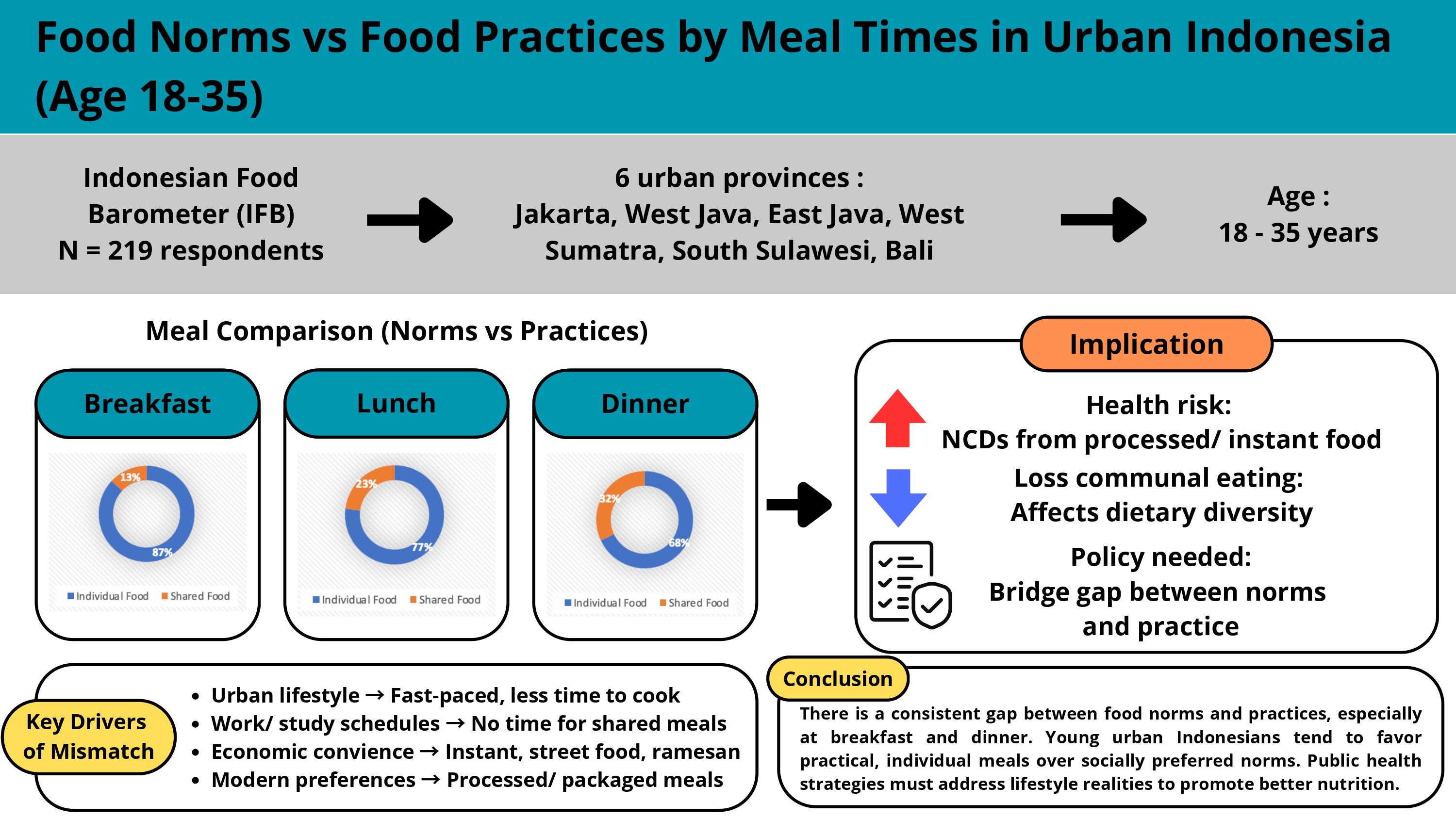THE EFFECTIVENESS OF NUTRITION EDUCATION THROUGH SOCIO-DRAMATIC METHOD TO VEGETABLE & FRUIT KNOWLEDGE AND CONSUMPTION IN 5-6 YEARS OLD CHILDREN
Downloads
Agustini, A. (2014). Promosi Kesehatan (D. W. Handayani, Ed.). Sleman: Deepublish.
Ansem, W.J.C.V, Schrijvers, C.T.M., Rodenburg, G., & Mheen, D.V.D. (2015). Children's snack consumption : role of parents , peers and child snack-purchasing behaviour. Results from the INPACT study. European Journal of Public Health, 25(6), 1006–1011.
Ashakiran, & Deepthi, R. (2012). Fast Foods and their Impact on Health. Journal of Krishna Institute of Medical Sciences University, 1(2), 7–15.
Barbosa, L.B., Vasconcelos, S.M.L., Correia, L.O.S., & Ferreira, R.C. (2016). Estudos de avaliaçí£o do conhecimento nutricional de adultos: uma revisí£o sistemática. Ciíªncia & Saúde Coletiva, 21(2), 449–462.
Bestari, G.S., & Pramono, A. (2014). Pengaruh edukasi gizi menggunakan media buku cerita bergambar terhadap perubahan konsumsi buah dan sayur anak di PAUD Cemara Semarang. Journal of Nutrition College, 3(4), 918–924.
De Cosmi, V., Parazzini, F., Brambilla, P., Agostoni, C., Ciappolino, V., & Scaglioni, S. (2018). Factors Infl uencing Children's Eating Behaviours. Nutrients, 10(6), 706.
Desi, Mesyamtia, B., & Ginting, M. (2018). Pendidikan gizi melalui permainan wayang terhadap peningkatan konsumsi sayur dan buah. Jurnal Vokasi Kesehatan, 4(1), 23–27.
Dyah R.S. (2016). Pengaruh Metode Pembelajaran Sosiodrama Terhadap Kreativitas Berkarya Menggambar Anak Pada Kelompok B Taman Kanak-Kanak Asih Sejati Yogyakarta. Jurnal Pendidikan Seni Rupa Edisi Vol 5, No 1 .
Gisi B., & Pramono, A. (2014). Pengaruh Edukasi Gizi Menggunakan Media Buku Cerita Bergambar terhadap Perubahan Konsumsi Buah dan Sayur Anak di PAUD Cemara Semarang. Journal of Nutrition College, 3(4), 918–924.
Glanz, K., Rimer, B., & Lewis, F. (2002). Health Behavior and Health Education: Theory, Research and Practice (3rd ed.). San Fransisco: Jossey-Bass Publications.
Graziose, M.M., & Ang, I.Y.H. (2018). Factors related to fruit and vegetable consumption at lunch among elementary students: a scoping review. Preventing Chronic Disease, 15(E55), 1–12.
Gusti, A. (2016). The relationship of knowledge, attitudes, and behavioral intentions of sustainable waste management on primary school students in City of Padang, Indonesia. International Journal of Applied Environmental Sciences, 11(5), 1323–1332.
Hermina, H., & Prihatini. (2016). Gambaran konsumsi sayur dan buah penduduk indonesia dalam konteks gizi seimbang: analisis lanjut survei konsumsi makanan individu (SKMI) 2014. Buletin Penelitian Kesehatan, 44(3), 4–10. Indah, I.S. (2018). Infodatin : Pusat data dan informasi Kementerian Kesehatan RI.
Irnani, H., & Sinaga, T. (2018). Pengaruh pendidikan gizi terhadap pengetahuan, praktik gizi seimbang dan status gizi pada anak sekolah dasar. Jurnal Gizi Indonesia, 6(1), 58.
Karpov, Y.V. (2015). Neo-vygotskian developmental theory. In International Encyclopedia of Social & Behavioral Sciences (Second Edi, Vol. 16, pp. 511–517).
Kemendikbud RI. (2014). Peraturan Menteri Pendidikan dan Kebudayaan Republik Indonesia Nomor 137 Tahun 2014 Tentang Standar Nasional Pendidikan Anak Usia Dini. Indonesia.
Kemendikbud RI. (2015). Petunjuk teknis penyelenggaraan taman kanak-kanak.
Kementerian Kesehatan RI. (2011). Keputusan Menteri Kesehatan Republik Indonesia tentang Standar Antropometri Penilaian Status Gizi Anak (p. 4). p. 4.
Khairunnisya, R., Sudaryati, E., & Nasution, E. (2017). Effect of role play method on food choice behavior in state basic students 060933 District Medan Johor City Medan Year 2016. Journal Of Humanities And Social Science, 22(6), 49–54.
Lucas, B.L., & Feucht, S.A. (2008). Nutrition in childhood. In L. K. Mahan & S. Escott-Stump (Eds.), Krause's Food & Nutrition Therapy(12th ed., pp. 222–223). St. Louis, Missouri.
Mahmood, N., Othman, S., Al-Tawil, N., & Al-Hadithi, T. (2018). Impact of an education intervention on knowledge of high school students concerning substance use in Kurdistan Region-Iraq: A quasi-experimental study. PLoS ONE, 13(10), 1–9.
Martins, V.J.B., Toledo Floríªncio, T.M.M.V., Grillo, L.P., Do Carmo, P., Franco, M., Clemente, A.P.G., Martins, P.A., ... Sawaya, A.L. (2011). Long-lasting effects of undernutrition. International Journal of Environmental Research and Public Health, 8(6), 1817–1846. doi: 10.3390/ijerph8061817
Mclennan, D.P. (2008). Kinder – caring : exploring the use and effects of sociodrama in a kindergarten classroom. 2(1), 74–88.
Mnguni, L., Abrie, M., & Ebersohn, L. (2015). The Relationship between scientifi c knowledge and behaviour: An HIV/AIDS Case. Journal of Biological Education, 50(2), 147–159.
Muckenhuber, J., GroíŸschädl, F., Burkert, N.T., Freidl, W., & Rásky, í‰. (2014). Nutrition and health – the association between eating behavior and various health parameters: a matched sample study. PLoS ONE, 9(2), e88278.
Nekitsing, C., Hetherington, M.M., & Blundell-birtill, P. (2018). Developing healthy food preferences in preschool children through taste exposure, sensory learning, and nutrition education. Current Obesity Reports, 7(60), 60–67.
Putri, R.M., & Maemunah, N. (2017). Peran pendidikan kesehatan dalam meningkatkan pengetahuan anak tentang pentingnya sayur. Jurnal Keperawatan, 8(1), 54–64.
Rachman, B.N., Mustika, I.G., & Kusumawati, I. G.A.W. (2017). Faktor yang berhubungan dengan perilaku konsumsi buah dan sayur siswa SMP di Denpasar. Jurnal Gizi Indonesia, 6(1), 9–16.
Rahardjo, M.M. (2016). Indonesian journal of early childhood bringing vygotskian approach into early childhood education in Indonesia : Empowering the daycare. Indonesian Journal of Early Childhood Education Studies, 5(1).
Rosy, B. (2017). Sociodrama method ; stimulate the development of attitudes , knowledge and skills of students in excellent service learning. Jurnal Pendidikan Bisnis Dan Manajemen, 3(1), 25–34.
Scaglioni, S., Arrizza, C., Vecchi, F., & Tedeschi, S. (2011). Determinants of children's eating behavior. American Journal of Clinical Nutrition, 94, 2006–2011.
Sibagariang, I.T.A., Siagian, A., & Ardiani, F. (2016). Pengaruh penyuluhan tentang sayur dan buah dengan metode ceramah dan bermain tebak rasa terhadap pengetahuan dan sikap dalam konsumsi sayur dan buah pada siswa SDN 067254 Kecamatan Medan Deli tahun 2016. Jurnal Kesehatan Masyarakat, 99–102.
Smilansky, S. (1968). The effects of sociodramatic play on disadvantaged preschool children. United states: John Wiley & Sons, Inc.
Sossauer, G., Zbinden, M., Tebeu, P.M., Fosso, G.K., Untiet, S., Vassilakos, P., & Petignat, P. (2014). Impact of an educational intervention on women's knowledge and acceptability of human papillomavirus self-sampling: a randomized controlled trial in cameroon. PLoS ONE, 9(10), 1–8.
Syah, M. (2017). Psikologi pendidikan dengan pendekatan baru. Bandung: Remaja Rosdakarya.Wawan, A. (2011). Teori dan pengukuran pengetahuan sikap dan perilaku manusia : dilengkapi contoh kuesioner. Yogyakarta: Nuha Media.
Wong, D.L., Hockenberry-Eaton, M., Wilson, D., Winkelstein, M.L., & Schwart, P. (2008). Peningkatan kesehatan anak prasekolah dan keluarga. In Buku Ajar Keperawatan Pediatrik(1st ed., pp. 493–495).
Wong, D.L., Hockenberry-Eaton, M., Wilson, D., Winkelstein, M. L., & Schwart, P. (n.d.-b). Peningkatan kesehatan todler dan keluarga. In Buku Ajar Keperawatan Pediatrik (1st ed. 464–467).
- MEDIA GIZI INDONESIA Journal is the copyright owner of all materials published on this website.
- The formal legal provisions for access to digital articles of this electronic journal are subject to the terms of the Creative Commons Attribution-NonCommercial-ShareAlike license (CC BY-NC-SA 4.0), which means that MEDIA GIZI INDONESIA Journal and readers reserve the right to save, transmit media / format, manage in database, maintain, and publish articles as long as it continues to include the name of the Author.
- Printed and published print and electronic manuscripts are open access for educational, research and library purposes. In addition to these objectives, the editorial board shall not be liable for violations of copyright law.


2.png)















